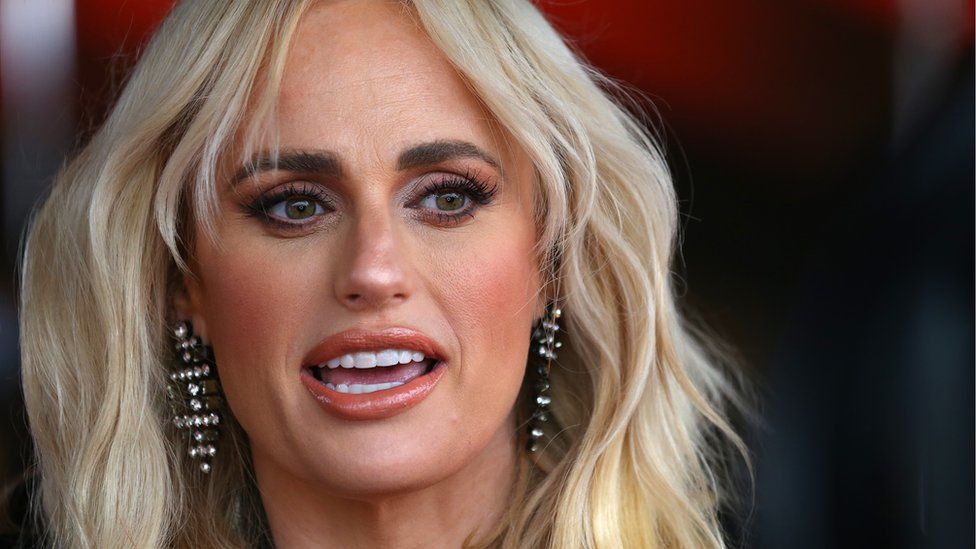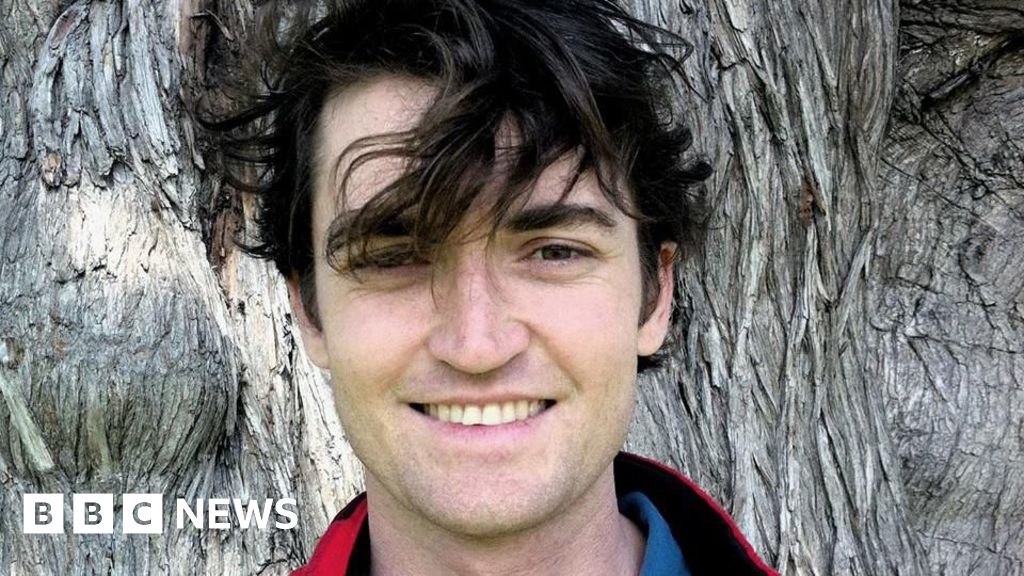ARTICLE AD BOX
By Frances Mao
BBC News
 Image source, Getty Images
Image source, Getty Images
A newspaper's threat to publish a story pushed Rebel Wilson into coming out, critics say
When Australian actress and comedian Rebel Wilson revealed on Instagram she had found love with a woman, people celebrated her decision to come out - they believed - on her own terms.
But in a gossip column published by the Sydney Morning Herald newspaper the next day, its writer disclosed he'd known about the news and given the actress 27 hours to respond "before publishing".
Veteran gossip columnist Andrew Hornery grumbled that Wilson had "opted to gazump" his story by sharing the news herself.
His own admission of his attempt to report Wilson's deeply personal news sparked immediate outrage globally.
For LGBTIQ+ campaigners, it was a devastating turn. A good news story - a celebrity role model coming out - had been marred by a familiar, old threat.
Coming out is an intensely personal journey - and one still fraught for many. Nicky Bath, chief executive of LGBTIQ+ Health Australia, said that at the QLife hotline one in 10 calls received are about struggles with coming out.
"When we see someone publicly having an experience of being forcibly outed in 2022, I think it really throws a lot up in the air about where we are as a society, with regards to people's privacy and people's own choices around what happens in their lives," she said.
In this case, "I think Australian media has to do some internal analysis on how it conducts itself," Ms Bath said. "Newsrooms need to do some education around the impact of their reporting."
Even in 2022 in Australia, it is still dangerous for people to reveal their non-normative sexuality or gender preferences. Footballer Josh Cavallo, who came out last year, has reported receiving death threats and vitriol since going public.
Ms Bath noted this latest incident comes as some parts of Australian media continue to entertain irresponsible reporting on gay and trans issues.
The recent general election saw a disproportionate focus on often inaccurate claims about trans people in sport, in a debate drummed up by the previous conservative government. This had harmful impact on young trans people, advocates said.
In the case of Rebel Wilson's outing, the newspaper has now issued three statements responding to the public anger.
In his mea culpa on Monday, Hornery said that as a gay man he was "well aware of how deeply discrimination hurts. The last thing I would ever want to do is inflict that pain on someone else."
But this has in turn raised questions on why he approached Wilson in the way that he did - saying he had "several sources" and "enough detail to publish".
Critics said this reflected a journalistic ego and abuse of power encouraged in certain newsroom cultures.
"To say that the Herald 'outed' Wilson is wrong," said Bevan Shields, who was appointed to the role in January.
He said Wilson had outed herself, the paper had chased the story in accordance with normal journalistic practices, and that there wasn't any definite intention to publish a story.
On Tuesday he backed down, issuing a fuller apology for "getting it wrong" - but did not specify any ethical wrongdoing.
'Wild West privacy intrusion'
To media ethics experts however, it appears a "black and white" case of unethical journalism practice.
"This is a story that should not have seen the light of day, " said Dr Sacha Molitorisz, a law and ethics professor at the University of Technology Sydney who was a senior journalist at the Herald for nearly two decades.
He characterised Mr Shield's editorial defence as "disingenuous". Hornery's email to Wilson showed clear intention to publish, he said.
Tim Dwyer, a media ethics professor at the University of Sydney also described Shield's defence as weak for such a "Wild West privacy intrusion".
"He might call it a process but in fact, it's an ethical decision that's not up for other people to make… and in their case they hold highly responsible positions."
The experts pointed out that editorial misjudgements, and a culture which prioritises "scoops" over ethical standards, can flourish in an industry which remains largely self-regulated.
Dr Molitarisz noted that in Australia, there are 14 sets of codes and standards that apply to journalists, but his own research shows few journalists know these codes comprehensively. When pressed, most said they relied on their own morals in guiding their work.
In this case, experts said the main ethical principle clearly breached was that of privacy- that individuals are entitled to privacy unless newsrooms deem disclosure would serve the public interest. A politician's affair with a junior staffer might warrant such publication. There was no such public interest here.
Yet breaking this rule doesn't actually have any legal ramifications, most of the time, for Australian journalists.
The industry regulator, the Australian Press Council, confirmed to the BBC it had received a number of complaints over the Wilson report. But if it rules those complaints valid, all the paper has to do is print a correction and an apology.
Australia's privacy laws are also widely viewed as inadequate protection for individuals compared to other jurisdictions.
As Dr Molitarisz pointed out: "In the UK, the tabloid press is still very invasive, but it's becoming more cautious because there have been quite a number of successful privacy suits and claims for breach of confidence."
So could Wilson sue? Not likely in Australia, say experts.
The strongest laws delivering recompense for media victims are defamation torts - an offence that doesn't appear to apply in this case. Wilson had in fact a few years ago famously won a defamation case against Australian magazines calling her a liar.
Instead, Australia's media remains largely accountable by their reputation and audience trust.
That explains the despair from other reporters at the Sydney Morning Herald in the wake of the Wilson stories.
On Tuesday editors held an all-staff meeting after one anonymous reporter sent a mass email saying "Our reputation is trashed," and blaming the editorial leadership for tarnishing the work of other reporters.
Dr Molitarisz concluded this can still be seen as an isolated incident, exacerbated by wrong decisions at the top.
"Personally, I've worked with editors and journalists who are extremely sensitive and aware, and others who had about as much empathy as a cricket bat," he said.
But: "Newsrooms need to actually spend some time thinking about discussing cultivating ethical practice.
"How do we depict LGBTQI? How do we depict various groups in our society in a way that doesn't reinforce inequities and doesn't make people more vulnerable and cause harm?
"It's not good enough for journalists to say simply they're guided by their personal moral compass."

 2 years ago
17
2 years ago
17








 English (US) ·
English (US) ·